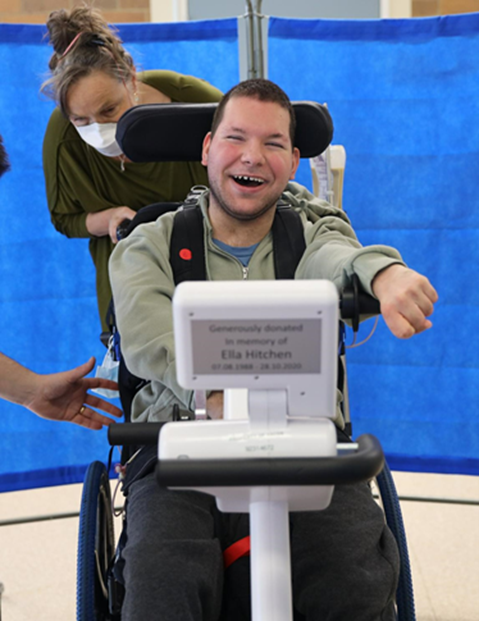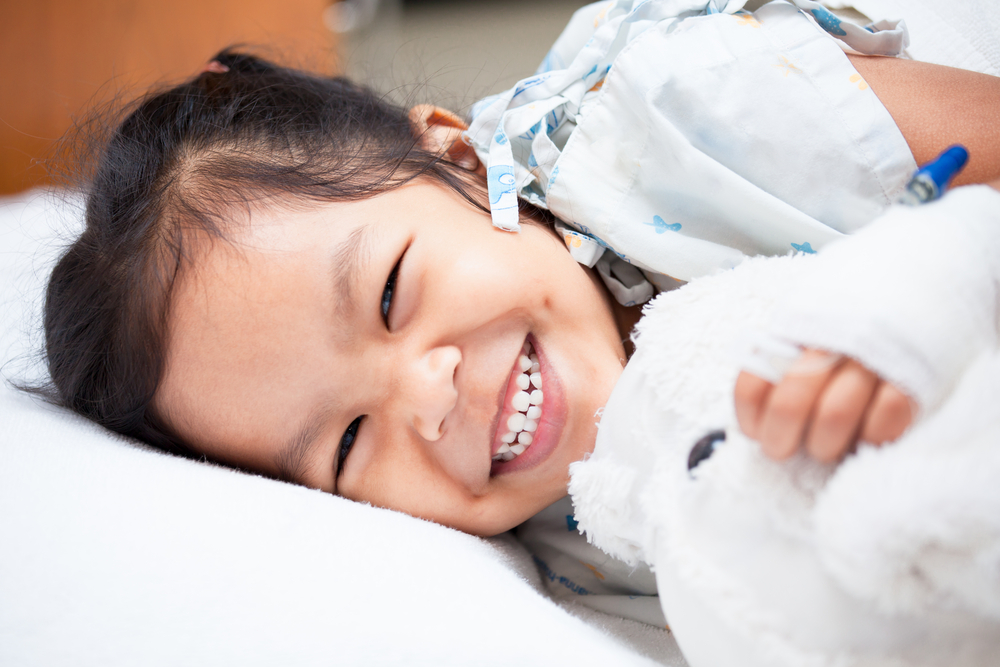Dr Carlee Holmes receives Cerebral Palsy Alliance Research Foundation grant

A Murdoch Children’s Research Institute (MCRI) researcher has been awarded a grant to increase physical activity and movement among adults with cerebral palsy (CP).
Dr Carlee Holmes and her team, with the support of the Cerebral Palsy Alliance (CPA) Research Foundation, will investigate the physical impacts of a 12-week home-based motorised cycling program accessed from the person’s wheelchair.
The two-year, $99,500 grant will enable Dr Holmes to measure specific markers like cholesterol and insulin sensitivity before and after motorised cycling as well as any perceived benefits or burdens of this activity.
Image: Dr Carlee Holmes
“Keeping active is important for everybody, but for those with CP there are numerous barriers and reduced options to engage in physical activity,” Dr Holmes said.
“This study will provide non-ambulant adults with cerebral palsy with an accessible option at home and is based on the suggestions and feedback of young adults with cerebral palsy.”
Dr Holmes said many patients with complex disabilities experienced exclusion from exercise studies, discouraging many with CP from undertaking physical activity altogether.

Image: A young adult with cerebral palsy using a motorised cycling device
“Fear can be a big obstacle for CP patients and there is a need for stronger data that tells us the benefits and drawbacks of appropriate physical activity,” she said.
“The risks of being sedentary are clear and we know that cerebral palsy patients spend between 77 per cent and 99 per cent of waking hours this way. We need to address this, so more people with complex disabilities can feel empowered to tackle preventable problems like pain, fatigue, anxiety, depression, poor sleep, cardiovascular disease, diabetes and osteoporosis.”
St Vincent’s Hospital Melbourne has also provided $17,000 to the project as part of their Research Endowment Fund (REF).
This grant is awarded to research activity of high quality, with Dr Holmes to receive additional equipment.
Dr Holmes and her team hope the findings of this study will be widely shared among networks within hospitals, universities, research organisations, professional bodies and community health centres.


